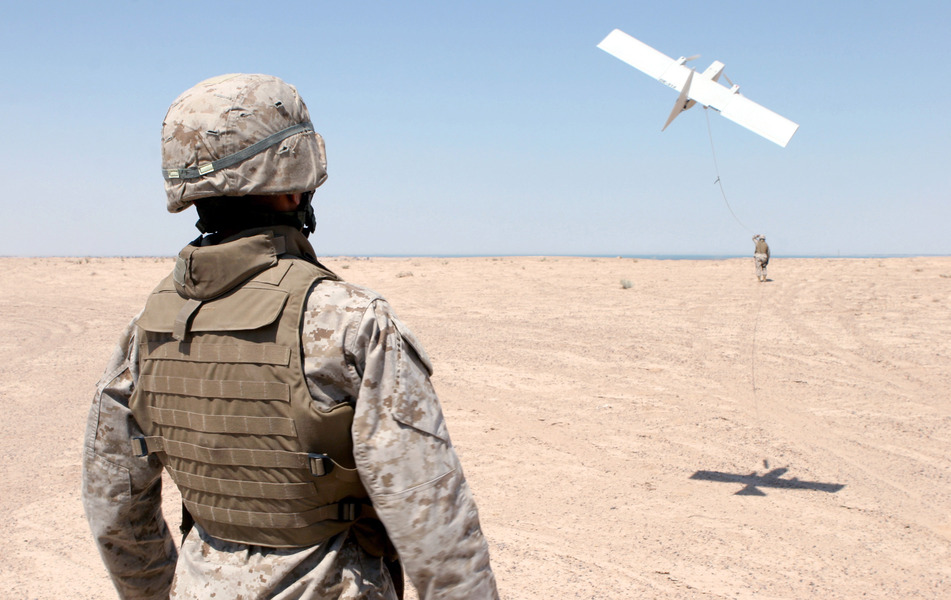The Operational Doctrine of Hybrid Conflict as It Relates to Cyber Conflict - A Speculation
Ben Wittes’ commentary about hybrid conflict asks “what is really new in this idea of hybrid conflict”?, and answers by giving a cyber example that falls at the seams of existing international law. He points out that when government officials do not know how to apply existing law or what laws do apply, they don’t apply anything at all.
Published by The Lawfare Institute
in Cooperation With

Ben Wittes’ commentary about hybrid conflict asks “what is really new in this idea of hybrid conflict”?, and answers by giving a cyber example that falls at the seams of existing international law. He points out that when government officials do not know how to apply existing law or what laws do apply, they don’t apply anything at all.
True enough, the examples of hybrid warfare we have seen may suggest a plethora of legal ambiguities, and the symposium that Ben attended was called to address what lawyers should do with this idea and how, if at all, the law needs to adjust to deal with it.
But I think the connection between hybrid conflict and cyber is deeper than Ben indicated. From my perspective, the connection also relates to policy and operational doctrine. In particular, hybrid conflict—for example, as we have seen it in Ukraine—might well be characterized as cyberwar without the cyber parts. (Yes, I know cyber operations are being conducted in Ukraine as well, but they are for the most part secondary to the kinetic actions involving ground forces.)
Perhaps the most important example in this scenario is noticing how far Russia has been able to advance its goals simply by denying that its military forces are involved. These denials persist, despite the fact that tanks matching the configuration of known Russian tanks have been seen in eastern Ukraine. And the result has been handwringing in much of the West.
Would there have been less handwringing and more action if the tanks had Russian insignias on them? It strikes me as quite possible. If so, the mere act of denial could well be the key factor in inhibiting a more vigorous Western response.
If I generalize from this one example, I’d like to suggest as a student of cyber war that a better understanding of Russian doctrine about hybrid conflict or warfare might well provide useful insights into how a nation using offensive cyber operations (many of which can be denied) might be able to achieve its goals. That nation might well be Russia—but I suspect that any nation so motivated would be able to learn useful lessons from such study.
Any takers? I’d love to work with you on this question.


.jpg?sfvrsn=82a6ee72_5)


